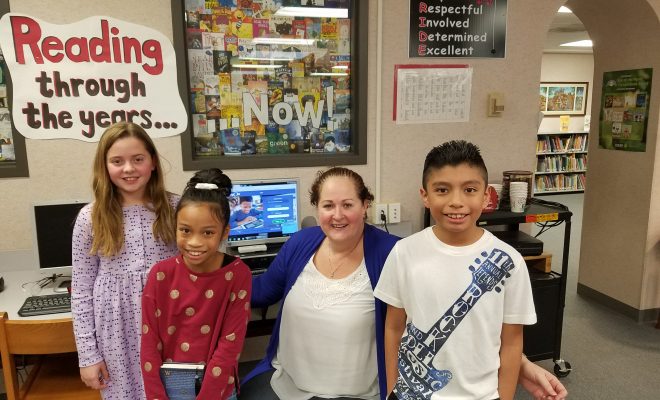23 Strategies to Help Students Who Have Trouble Solving Math Problems with Division

Are you looking for strategies to help students who have trouble solving math problems with division? If so, keep reading.
1. Provide the learner with alternative math facts. As the learner shows success, slowly introduce more components of the regular tasks.
2. Ask the learner a question when they are most likely to be able to respond successfully.
3. Select a peer to model how to solve division problems for the learner.
4. Provide information to the learner on a one-to-one basis or use a peer tutor.
5. Create a math fact reference sheet for division for the learner to use at their desk when solving math problems.
6. Talk about and give the learner a list of words and phrases that usually indicate a division operation in word problems (e.g., into, share, each, average, quotient, half as many, etc.).
7. Assess the appropriateness of the task to ascertain (a) if the task is too easy, (b) if the task is too complicated, and (c) if the duration of time scheduled for the task is sufficient.
8. Give chances for the learner to apply division facts in real-life situations (e.g., money, average duration of time it takes to do a job, etc.).
9. Provide the learner several objects (e.g., one-inch cubes, plastic links, etc.) and have them divide them into groups.
10. Get the learner to be a tutor and teach a concept they have learned to another learner.
11. Find specific division problems the learner fails to solve correctly. Target those problems for additional instruction, tutoring, and drill learning activities .
12. Get the learner to check all math work. Praise the learner for each error they correct.
13. Get the learner to independently solve half their math problems each day. Let them use a calculator to solve the other half of the task as reinforcement.
14. Teach the learner to divide the numbers of objects. Then have the learner pair number symbols with the number of objects while solving the division problem. In the last step, the learner divides without using objects.
15. Get the learner to list all the skills appropriate to work a division problem (e.g., subtraction, multiplication, etc.).
16. Get the learner to perform timed drills with division facts as reinforcement. The learner “competes” against their own best time.
17. Get the learner to practice the division tables each day with a peer using flash cards.
18. Get the learner to solve math problems by manipulating objects and stating the process(es) involved.
19. Get the learner to talk through math problems as they solve them to find errors they are making.
20. Get the learner to use a calculator for drill of basic division facts.
21. Consider using Alexa for the Math Classroom.
22. Try gamifying your math lessons.
23. Consider using one of the apps and tools from our many math app lists:
9 Must-Have Apps and Tools for Kids Who Hate Math
10 Apps to Teach Preschoolers Math
20 Math Apps for Students of All Ages
Advanced Math Apps, Tools, and Resources for That We Love
Elementary School Math Apps, Tools, and Resources That We Love
Fraction Apps, Tools, and Resources That We Love
High School Math Apps, Tools, and Resources That We Love
Interactive Math for the Google Classroom
Math Apps, Tools, and Resources That I Would Use If I Were Still in the Classroom
Math Manipulatives Apps, Tools, and Resources That We Love
Middle School Math Apps, Tools, and Resources That We Love
Multiplication Apps, Tools, and Resources That We Love
PreK Math Apps, Tools, and Resources That We Love
YouTube Channels for the Math Classroom





